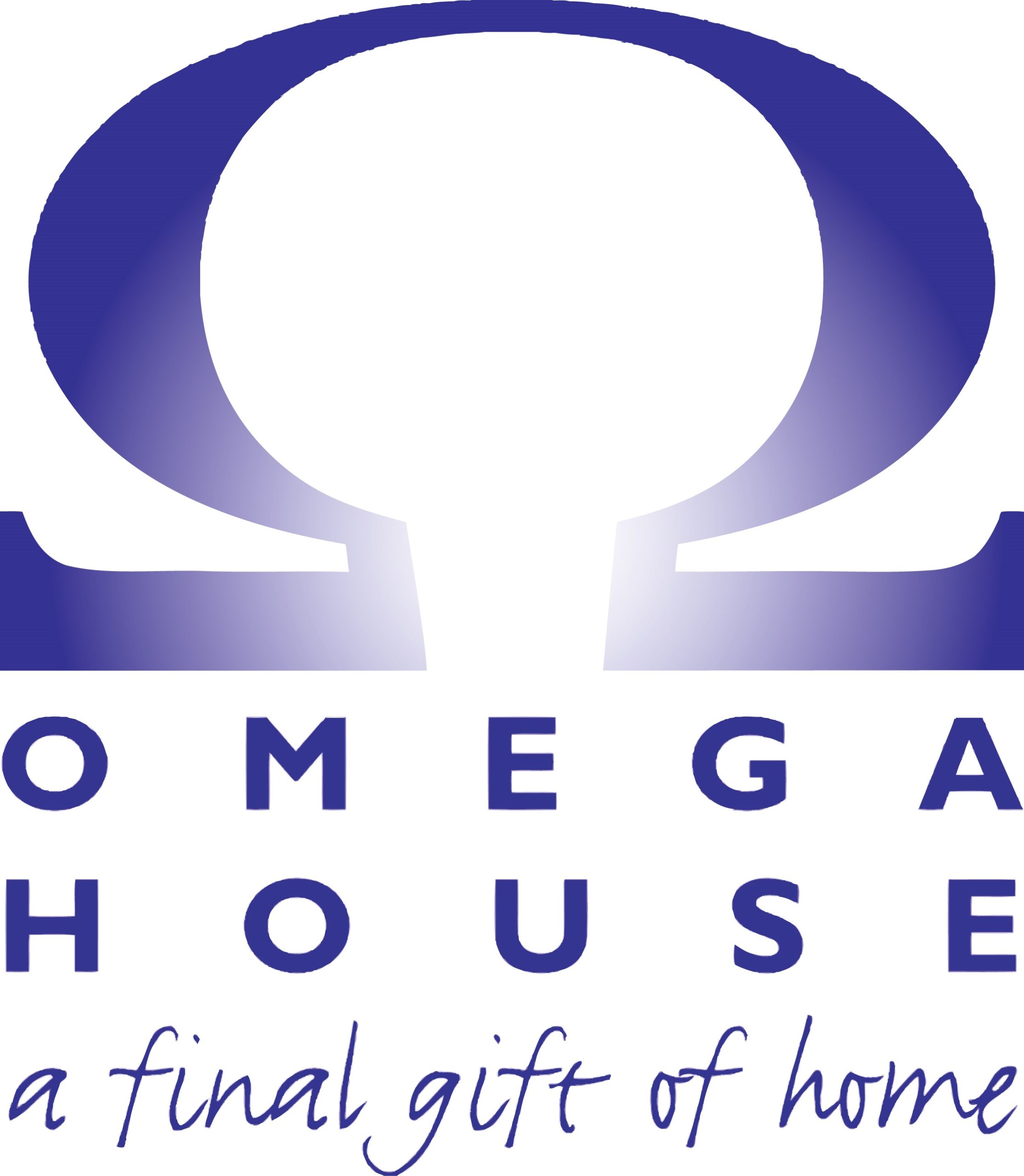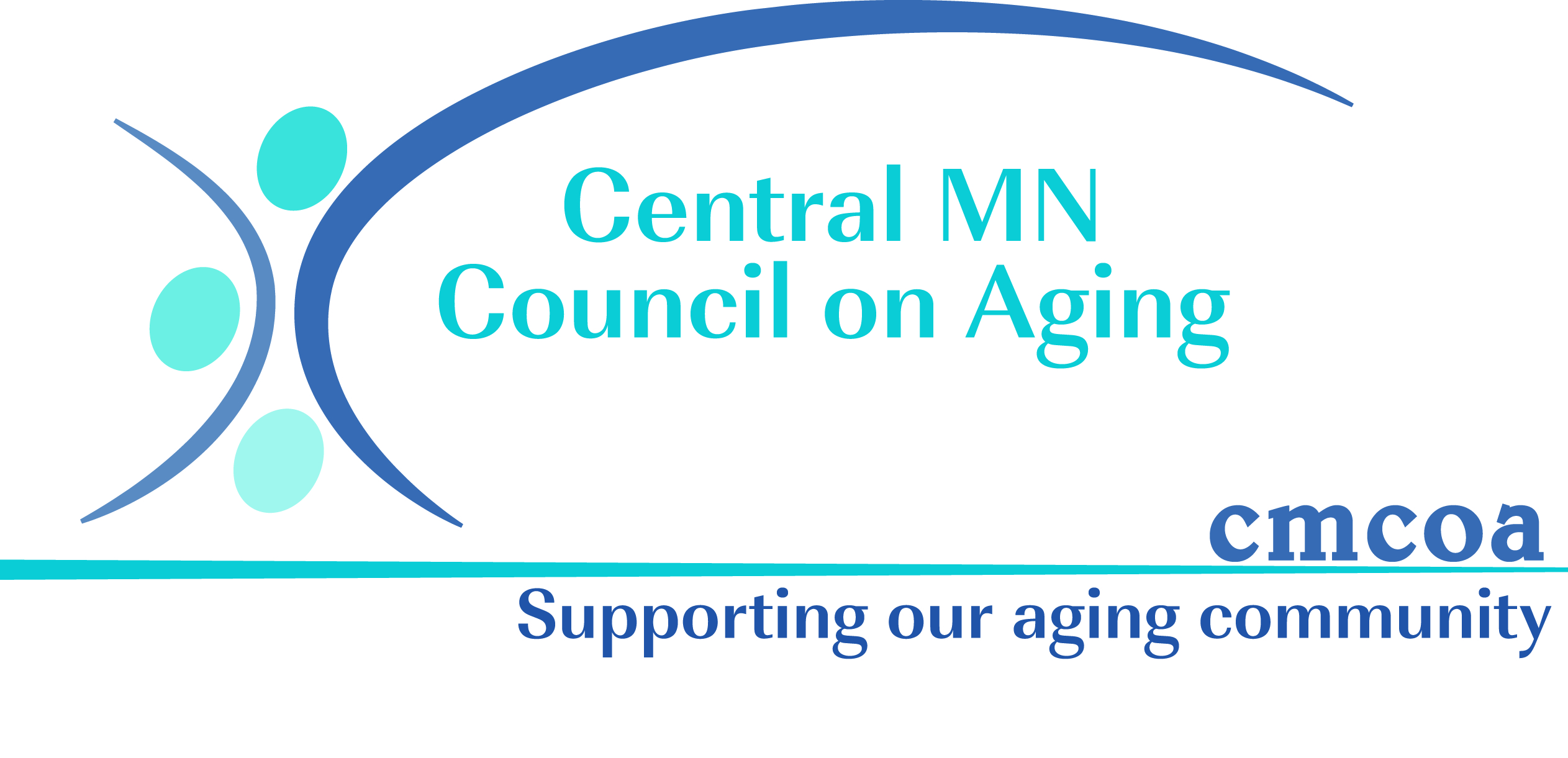This session addressed the unique qualities of our rural environments which lend people to create community surrounding the common denominator of grief. Attendees explored the ways in which they can start developing connections in their own communities to support those in grief and individuals experiencing loss. Finally, this session discussed the ways that COVID-19 has changed community and connections in rural settings and discussed ways to support others as grief and loss become a more common experience.


Social isolation and loneliness are complex conditions that can have increased consequences for individuals living in rural and remote communities. The current COVID-19 pandemic exacerbates the challenges faced by providers working in rural communities in identifying and responding to the needs of individuals who may be experiencing increased social isolation and loneliness. This series aims to provide an overview of the topic, and novel ways to support providers in responding to the needs of the individuals they serve.
July 14, 2020
In this session, participants learned about loneliness and social isolation among older adults in rural and urban areas. Dr. Henning Smith reviewed existing data, what we know, how social isolation and loneliness are unique in rural areas, and how rural social isolation is a health and mortality risk factor. She discussed what has changed as a result of the current health pandemic, how to prepare rural providers to ask questions to determine isolation/loneliness, and what can be done for rural people who are experiencing isolation/loneliness.

July 22, 2020
This session addressed programs designed to make connections between and among individuals and organizations to promote well-being in the aging population.
